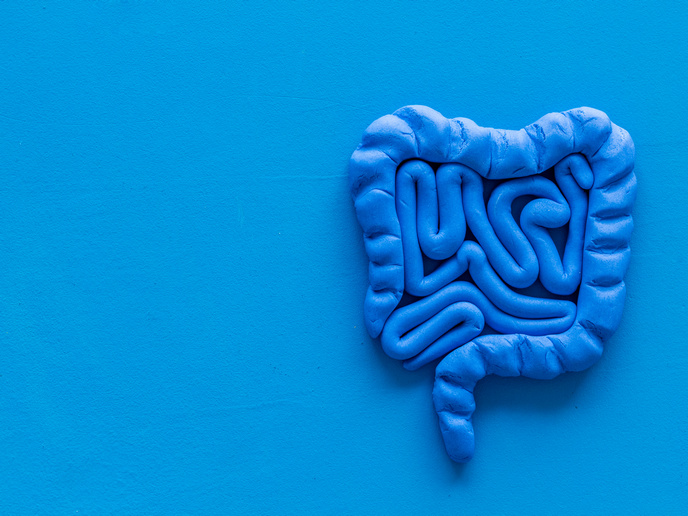Proving that we really are what we eat
They say, ‘we are what we eat’. But does anyone really know what this means? “We know that immune-related diseases are on the rise,” says Nicola Gagliani, a professor at the Hamburg Centre for Translational Immunology. “While we suspect this is the result of the unprecedented abundance that characterises the typical Western diet, this is only a hypothesis and needs to be tested.” With the support of the EU-funded Diet-namic project, Gagliani is leading an effort to better understand the correlation between diet and health. Specifically, the project studied how short-term dietary interventions can impact our health by modulating the immune system. “We found that our immune system rapidly and fundamentally responds to changes in diet,” adds Gagliani. “These changes range from developing a status of immune depression or hyperactivation to promoting the cell death that licenses the efficacy of chemotherapy.”
The benefits of a healthy diet
To reach this conclusion, researchers used mouse models to test the effect an unhealthy diet has on T-cells and, consequently, on intestinal homeostasis. “Even being on this unhealthy diet for just a short period has a drastic impact on the intestinal microbiota and T-cell composition in the intestine and mucosal-associated lymphoid tissues,” explains Gagliani. The good news is that researchers also found that this negative impact can be reversed by simply switching to a healthy diet. “This shows the rapid capacity of T-cells to adapt to environmental changes and how they can mediate the effect diet has on our overall health and well-being,” notes Gagliani.
A first step to developing immune therapies
Researchers also studied the molecular mechanisms of T-cell adaptability – research that led to the discovery of a key signalling pathway able to regulate this mechanism. “This is an important first step in the development of immune therapies that could essentially kick-start T-cells’ anti-inflammatory role,” remarks Gagliani. “Such therapies have the potential to reset the homeostasis in the inflamed tissues of patients affected by some immune-mediated inflammatory diseases.”
Diet’s impact on cancer treatment
Last but not least, the project, which received support from the European Research Council, made important findings that could impact cancer treatment. For instance, researchers discovered that, if a specific microbiota is present, the short-term consumption of a diet rich in tryptophan could lead to an increased concentration of the microbiota-derived metabolite indole-3-acetic acid (3-IAA) in the circulation of mice. “Combining 3-IAA and chemotherapy increases oxidative stress, reduces autophagic activity and, ultimately, halts the proliferation of pancreatic and potentially colon cancer cells,” says Gagliani. Translating these findings back to humans, researchers noted a strong correlation between the concentration of 3-IAA and response to chemotherapy in two independent cohorts of patients with pancreatic cancers.
Designing a diet geared towards maintaining our health
All these results show the deep and rapid impact diet has on health. Furthermore, by linking specific dietary components to specific health impacts, the project has paved the way to designing a diet geared towards maintaining – even restoring – our health. “This project puts credence behind the saying ‘you are what you eat’, highlighting how we might change the trajectory of many immune-related diseases, including cancer, by potentially changing what we do every day – eating,” concludes Gagliani.
Keywords
Diet-namic, disease, cancer, immune system, diet, health, chemotherapy







